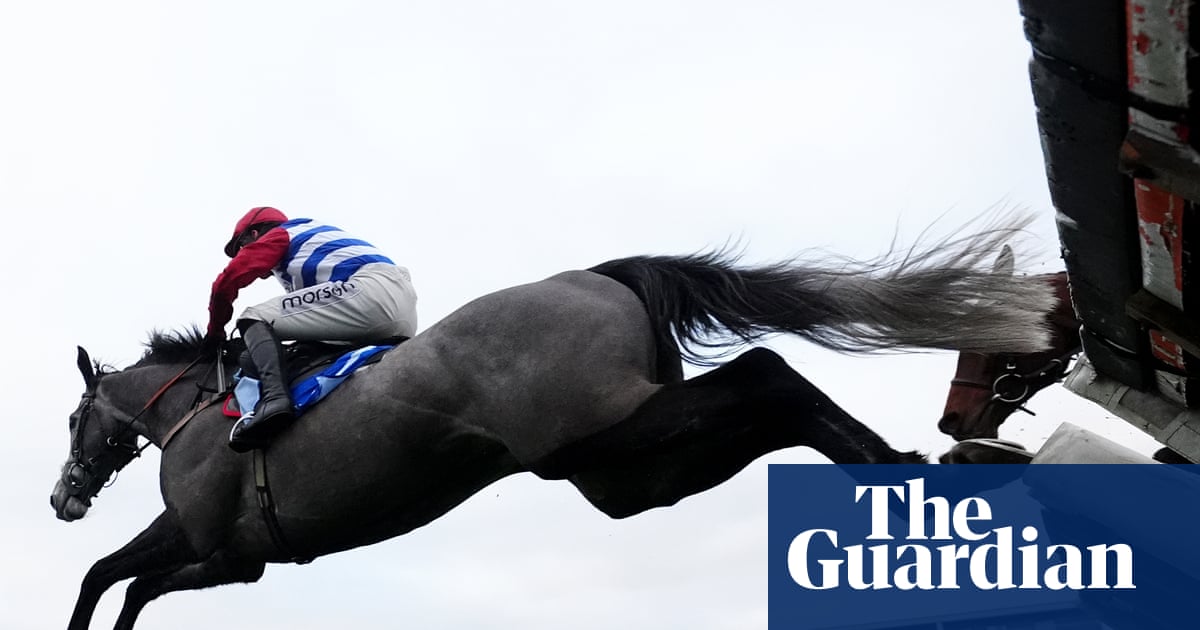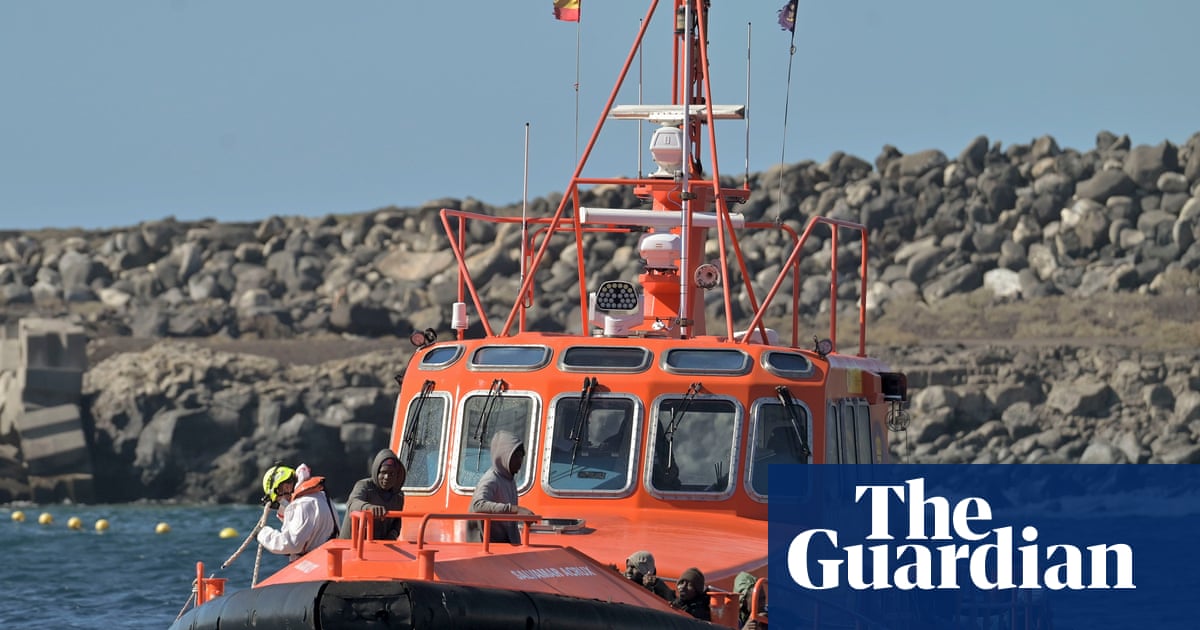Directed by self-taught film-maker Asurf Oluseyi and produced by rapper Burna Boy, this Nollywood thriller brings Tarantinoesque swagger to the Abidjan-Lagos corridor. The story is a femme-first revenge spree after the three protagonists fall foul of human traffickers, and starts as a show-offy multistrand affair with chapter intertitles that are Kill Bill yellow. While the preamble suffers from some garbled storytelling, and the staging is occasionally shaky, this cross-border caper mostly styles it out to engaging effect.
Former streetwalker Janice (Amelie Mbaye) narrates to a journalist the tale of the triple threat she took under her wing in 2002: young Ivorian Fatouma (Fat Touré), tricked into slavery by her pastor who lures her with the promise of a footballing contract in Paris; Esosa (Osas Ighodaro) from Nigeria, similarly hoodwinked by her uncle (Nollywood stalwart Wale Ojo) and smuggled to Abidjan; and Giselle (Maud Guerard), a waif prone to supernatural possession sold by her grandmother to a local chief, who kicks things off by gang-raping her. After their pimp is killed in a police raid, the trio resurface 16 years later as armed robbers with a bulging contacts list of shady enablers. They co-opt Janice into their plan: abduct the three hoodlums who hijacked them in 2002 and ladle out a big helping of the dish best served cold.
Hopping between three time periods and choppily recounted, the setup can be hard to follow, with Oluseyi often rushing over key events. The three leads also never feel differentiated in anything other than broad-brush terms: Fatouma is a legendary lieutenant to a corrupt army general, whose exploits get a Kill Bill-style animated interlude; Giselle has daft fits in which she is possessed by a juju entity; Esosa is the token anglophone. More complex characterisation would have let the three leads venture beyond generic breaking-bad attitude.
But the dynamically shot film sweeps past these flaws, enlivened by its familiarity with the seedy finagling of the border towns. It almost enjoys loitering there, relaying peripheral exchanges – like the sacked hotel employees who turn up to harangue their boss – with a kind of worldly relish. You’d hesitate before calling 3 Cold Dishes feminist, but the moment of confrontation, a scene more dramatically refined than most in the film, has an arresting nihilism. Coupled with the overall multilingual, frontier-hopping elan, it’s a signpost to new horizons for the African mainstream.

 1 month ago
44
1 month ago
44

















































